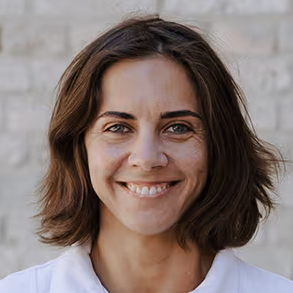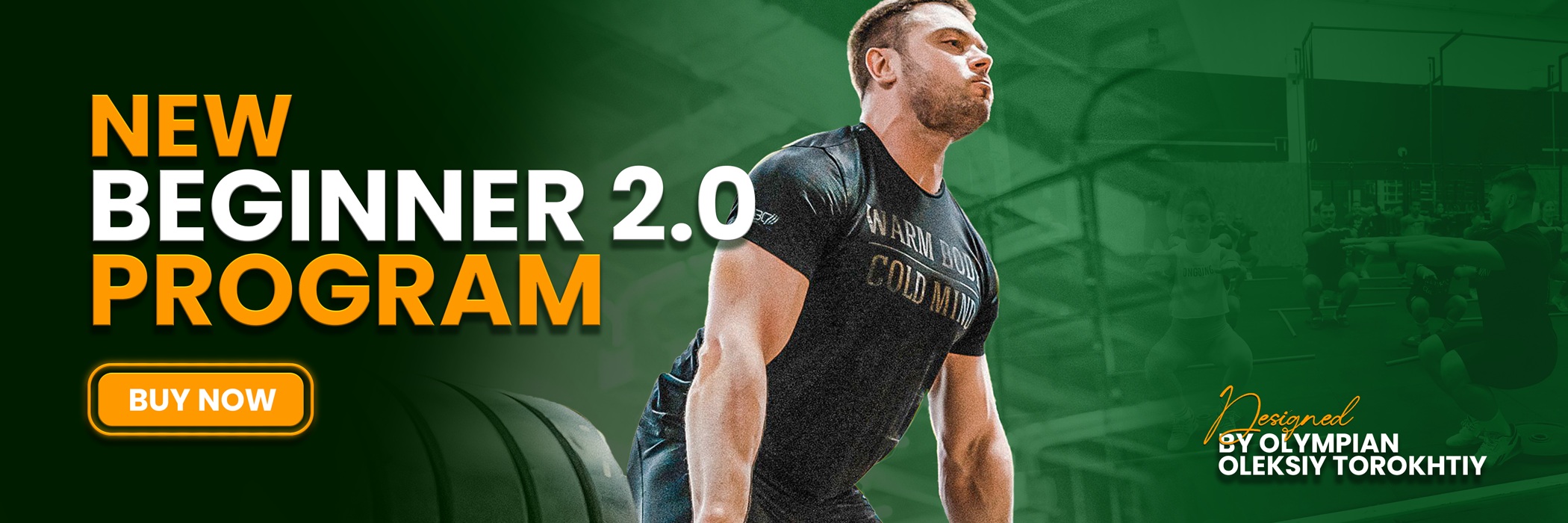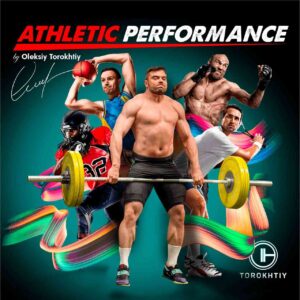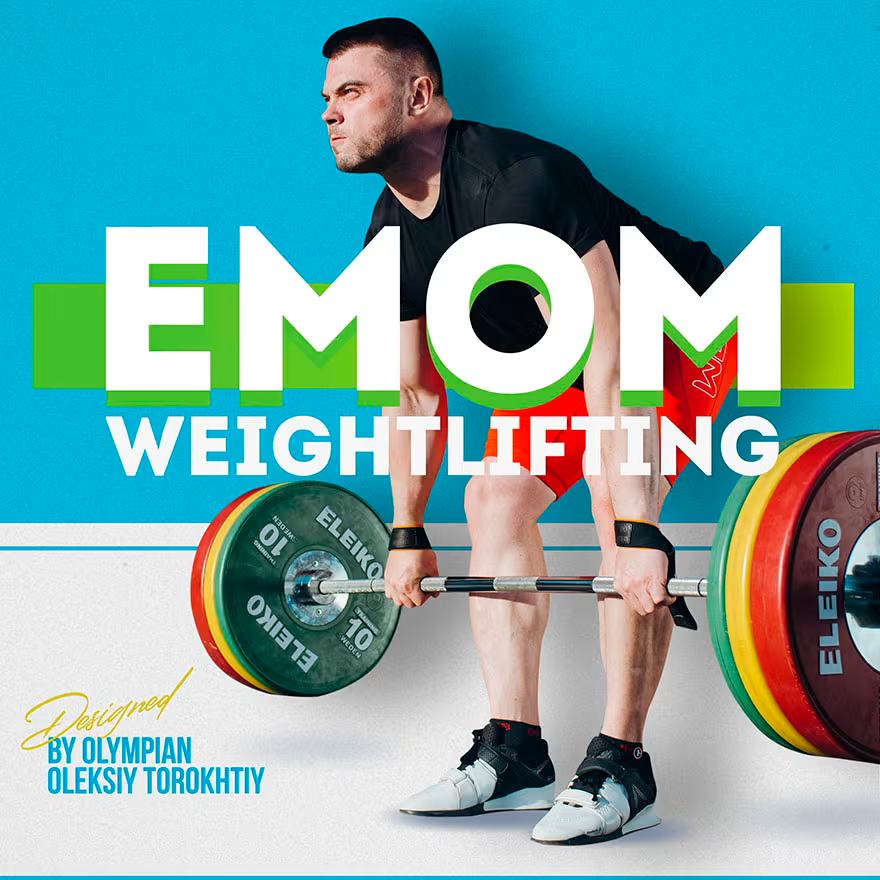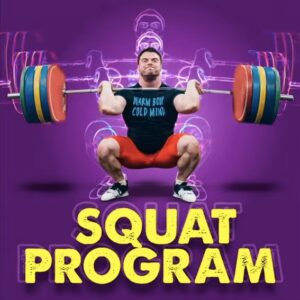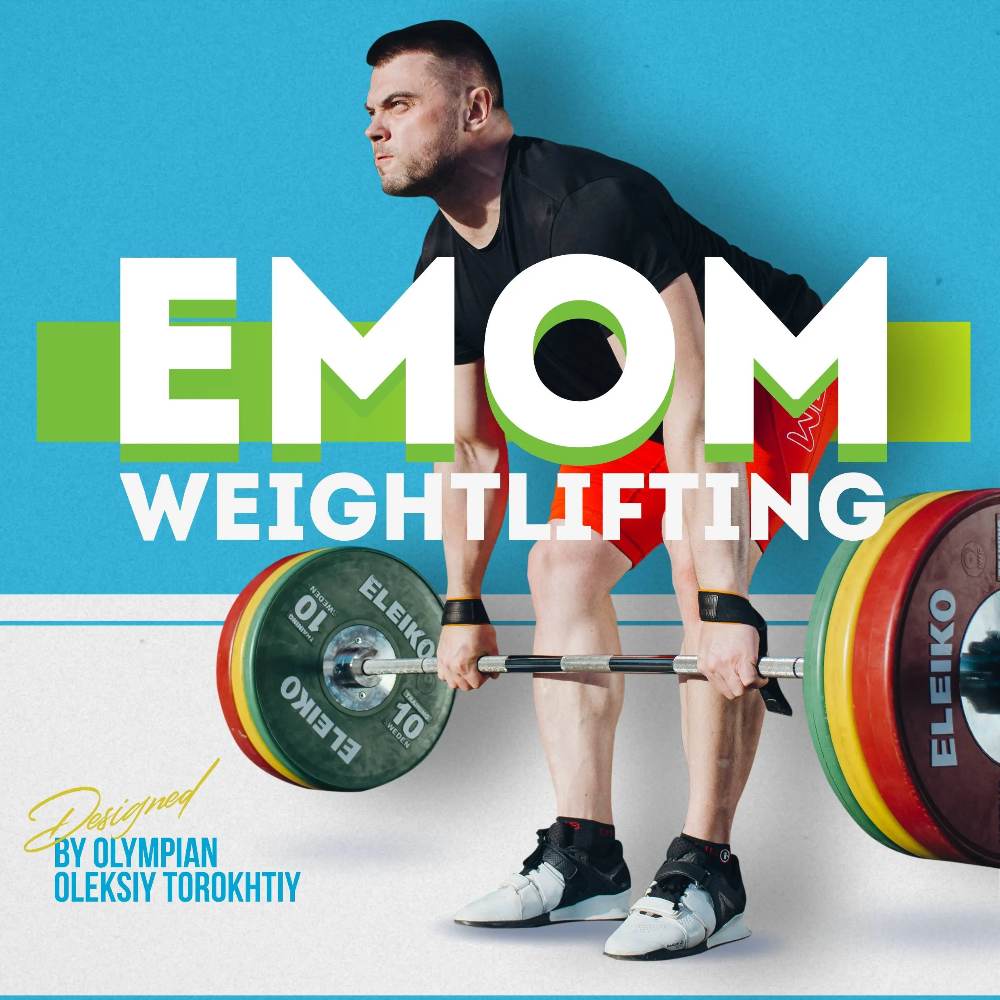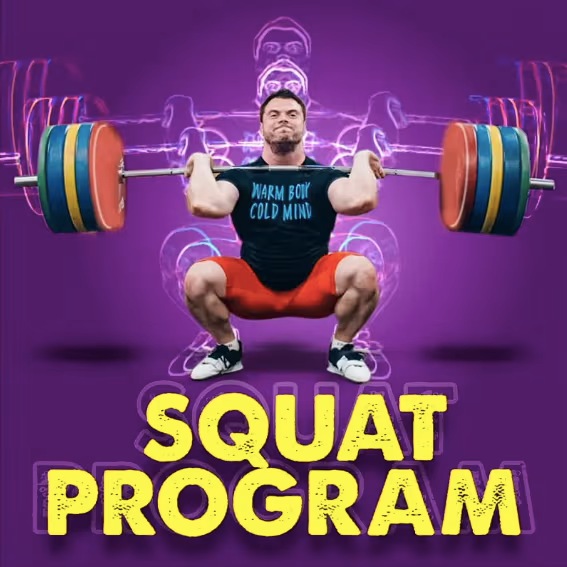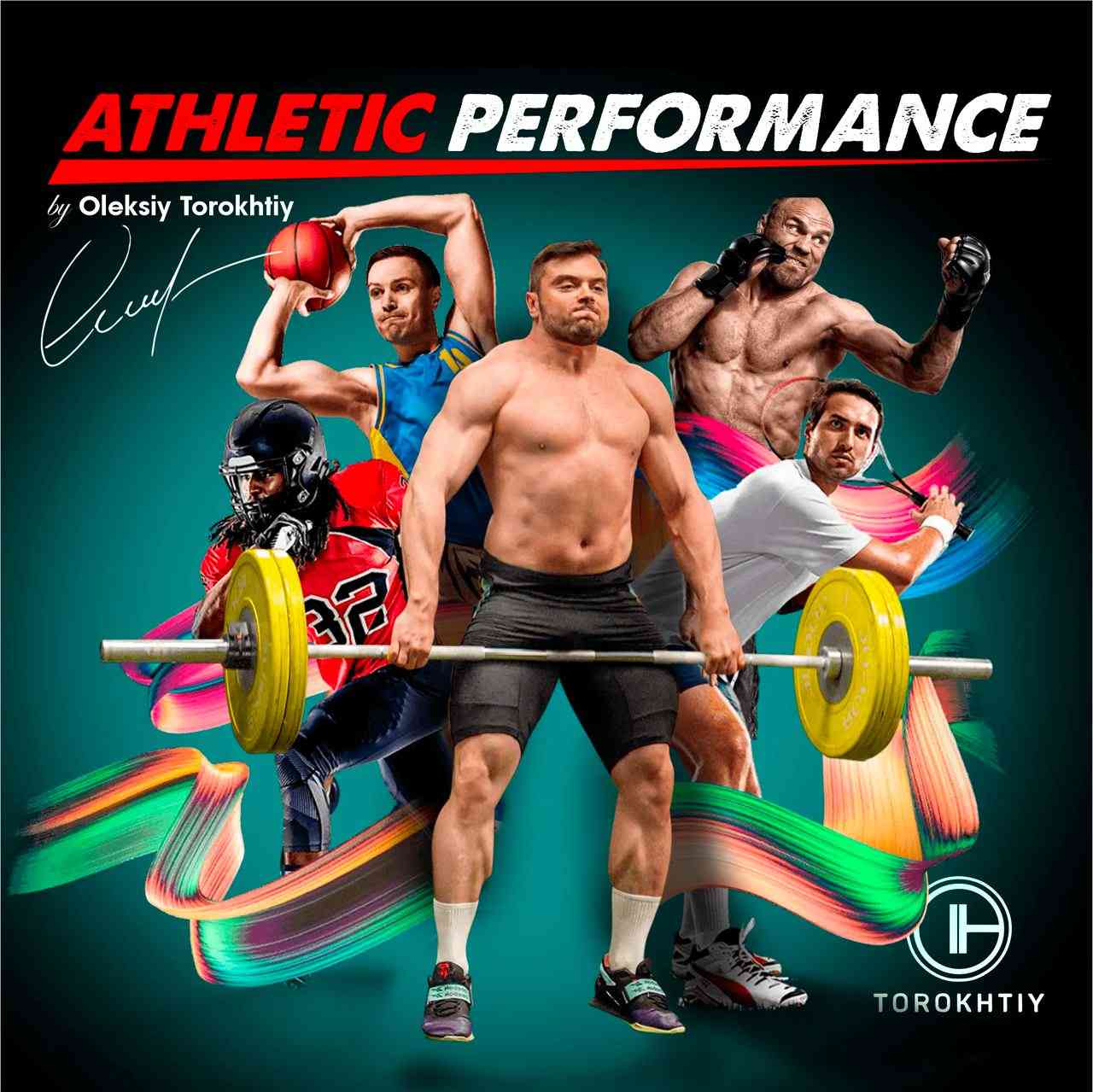Interview with Alexey Torokhtiy
Author:
Posted on
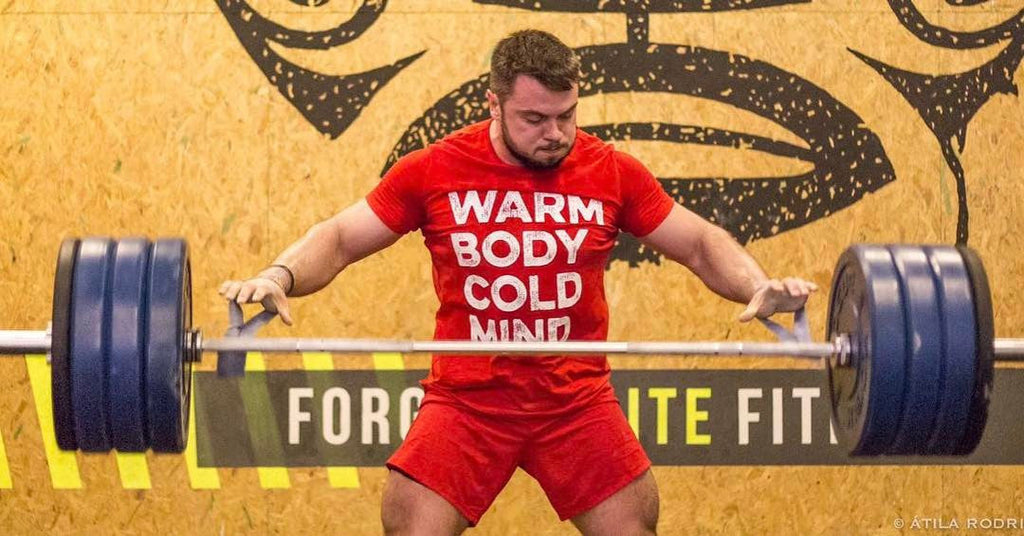
The goal of the Guardian Athlete interview series is the provide unique insights from experts within and outside of the tactical community. Our hope is to establish a body of knowledge that can be used by athletes and enthusiasts everywhere. Enjoy
For our inaugural interview, it is my pleasure to present Aleksey Torokhtiy. Born in Ukraine in 1986, Aleksey rose to prominence in the international Olympic weightlifting community before winning gold for Ukraine in the 105kg weight class at the 2012 Olympic Games. Additional achievements include a bronze in the same weight class at the 2011 World Championships in Paris and countless other victories and podium finishes. Aleksey now runs a successful coaching service, providing tips and techniques for athletes around the world.
Who is good at weightlifting despite being poorly built for it?
Regarding my experience, I can say that a well-built body is not a guarantee of success because everything depends on your own head, persistence, and the stimulus created within your head. Therefore, I put one’s head on the first place, which can make a “poorly” built body do miracles.
Who are the most unorthodox athletes and/or coaches in Olympic weightlifting?
I’ve recently read a story about an African-Australian weightlifter who has gone through a heroic journey to the Olympic Games in Rio (Simplice Ribouem). How he has changed his citizenship, roamed the streets for food, caught the fever, survived, and come to the Olympic Games. I believe every athlete who reaches the world-class is unique and extraordinary because every athlete has their own story of success.
Who has been your most impressive coach? Why?
Throughout my sports career, I was very fortunate to work with four coaches. I have worked with each of them on different stages of my growth as an athlete. Each of them was important to me in his own way because they’ve brought new knowledge and answers to the questions in my life. But my first coach was a riddle for me since he was the one who found those words and those “leverages” that made me stay in Olympic weightlifting. Before that, no coach from any other sport could do that.
What makes you different? Who influences you?
I think the only thing that may influence me is my family. For me, it is important to hear their thoughts and their mind.
What methods do you use when coaching others to duplicate your success?
First of all, I use my own experiences, which includes wins and losses, joy and disappointment. We analyze the most common mistakes which cause many athletes to stop. We then work on the theory to explain and show how our body works from a scientific point of view. In the long run, only working with theory and practice together in a complex can give a clear picture of WHERE and HOW to proceed.
What are the biggest mistakes you see people making when getting into Olympic weightlifting?
I consider it’ll be right to start with the fact that everyone makes mistakes when lifting the barbell, from beginners to top-level athletes. Of course, some athletes have more mistakes, some of them fewer. But all have them, and I believe that it should be this way. Regarding the question about the most common mistake, I believe it is the attitude towards the barbell. Few may be aware, but for more than 120 years there have been “unspoken” rules in Olympic weightlifting. The basics are:
- Never step over the barbell
- Never sit on the barbell
- Never kick the barbell with your foot.
When doing all those things, you first of all demonstrate disrespect to the tool with which you will have to work for a long time. And believe me, the barbell can take revenge.
What are the best books/resources on Olympic weightlifting that someone could use to coach themselves?
All the books I’d recommend are written in Russian, and everything being written now is basically written based on these books. The Soviet Union, with decades of research, has accumulated a huge amount of information which now forms the base. A list of books is really huge, but I would advise reading “Olympic Weightlifting Textbook” by N. Luchkin for a start. As for all the other books – it depends on the tasks and goals.
Side note: if anyone is able to find the actual Luchkin textbook, please let me know!
If you had 12 weeks to train someone to a world championship and $1,000,000 on the line, what would the training look like? What if you had 8 weeks?
The training week will consist of 8-10 basic training sessions (2 hours each). Plus, the swimming pool twice a week (for an hour) is necessary for recovery. Of course, stretching (30-40 minutes) five times a week. The difficulty is that in the preparation for a competition, in the pursuit of great results, athletes often try to cheat their nature and body, going through more and more loads. It usually ends with trauma and disruption of training. In addition to all the physical activity, a great piece of logical and analytical work which is focused on the daily analysis of the body’s condition is done during preparation. My coach always used to say:
“It is better to save some energy than to overwork.
And, of course, the psychological preparation of the athlete. As it happens so often when the athlete is strong physically but his/her head does not give the opportunity to realize the potential. In this case, the psychological work is much more important than the physical.
What benefits do you think Olympic weightlifting-style training has for someone who isn’t necessarily looking to get into Olympic weightlifting (i.e. general athletes)?
Olympic weightlifting helps to build the whole body harmoniously, for girls and boys both. It has been proven by other athletes and I totally agree with this statement. After all, in today’s hectic lifestyle (office, etc.), pumping at the gym is not enough, since it develops only separate muscle groups. There’s a need for dynamic work with the weight, and weightlifting solves that issue.
Where can people find you?
Email: torokhtiyo@gmail.com
🔻Find Your Best Training: Take Our Quiz!
Are you ready to learn and grow? Take our simple quiz to discover the right training program for you. Let us help you succeed — click below to start the quiz!
Author: Tanya Shaiko
News Editor, Olympic Lifting Enthusiast
Best Results: Snatch – 61 kg,
C&J – 78 kg
I’m Tanya, and I just can’t do without fitness. About six years ago, I got into Olympic weightlifting and instantly fell in love with it. Weightlifting is like no other sport – it’s just you versus the bar. Driven by my unwavering passion for an active lifestyle, I’ve been eager to share my personal journey and sports enthusiasm with others. As a journalist and photographer, my interests come full circle, adding an extra dimension to the news column that I curate. This way, I keep my readers updated with the latest happenings in the sports world.

